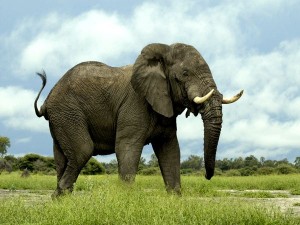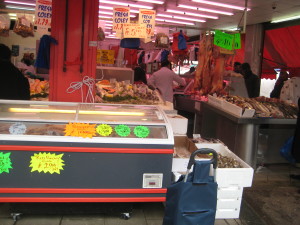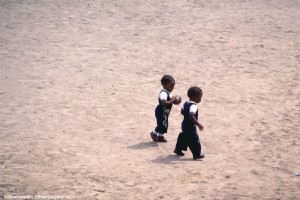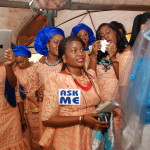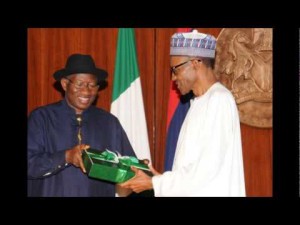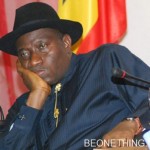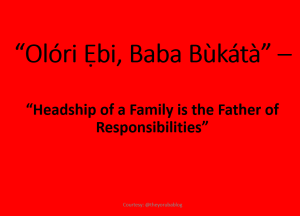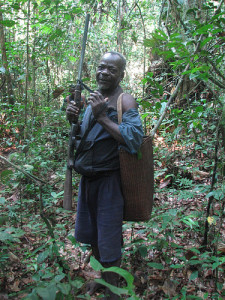Yorùbá ní “Ẹnití Ọlọrun kò dùn nínú, tó nla ṣúgà (iyọ̀ ìrèké), jẹ̀díjẹdí ló ma pá”. Ọ̀rọ̀ Yorùbá yi ṣ̀e àtìlẹhìn fún iwadi tó fihàn wípé ọ̀pọ̀lọpọ̀ ènìyàn ti ìrẹ̀wẹ̀sì mbaja ma mu ọtí àti jẹ oúnje ọlọra, ti iyọja tàbí tí iyọ̀ ìrèké pọ̀ nínú rẹ. Ó ṣeni lãnu wípé, kàka ki ẹni bẹ͂ jade nínú ìrẹ̀wẹ̀sì, oúnje tó kún fún ọ̀rá, iyọ̀ àti iyọ̀ ìrèké (ṣúgà) mã dákún àìsàn míràn bi: jẹ̀díjẹdí, ẹ̀jẹ̀ ríru àti oniruuru àìsàn míràn.
Oúnje dídùn àti ọtí mímu kò lè mú ìrẹ̀wẹ̀sì kúrò tàbí fa ìdùnnú, ṣùgbọ́n àyípadà ọkàn sí ìwà rere àti ìgbẹ́kẹ̀lé nínú Ọlọrun ló lè mú inú dùn.
Ẹkú ọdún Ajinde o, ẹ ma jẹ́un ju, Jesu ku fun ẹlẹ́sẹ̀ àti aláìní, nítorí nã ti ẹ ba ri jẹ, ẹ rántí áwọn ti ko ri. Yorùbá ni “ajọjẹ kò dùn bẹni kan o ri”.
ENGLISH TRANSLATION
The Yoruba adage that “Whoever has not been made glad by God that is licking sugar will die of pile” is in support of the research that showed that most people drink and eat more fatty, salty and sugary food when they are depressed. Unfortunately, instead of coming out of depression, bad diet containing too much fat, salt and sugar will only add more health complications such as pile, hypertension and a host of other diseases.
Tasty food or alcoholic drink would not lift anyone out of depression or gladness of spirit, but only positive attitude and trust in God.
Happy Easter, do not over feed, Jesus died for the sinners and the poor, as a result if you have, remember those who have none. Youruba said “Eating together is not sweet, if one person is left out”.
Originally posted 2013-03-30 00:03:05. Republished by Blog Post Promoter



